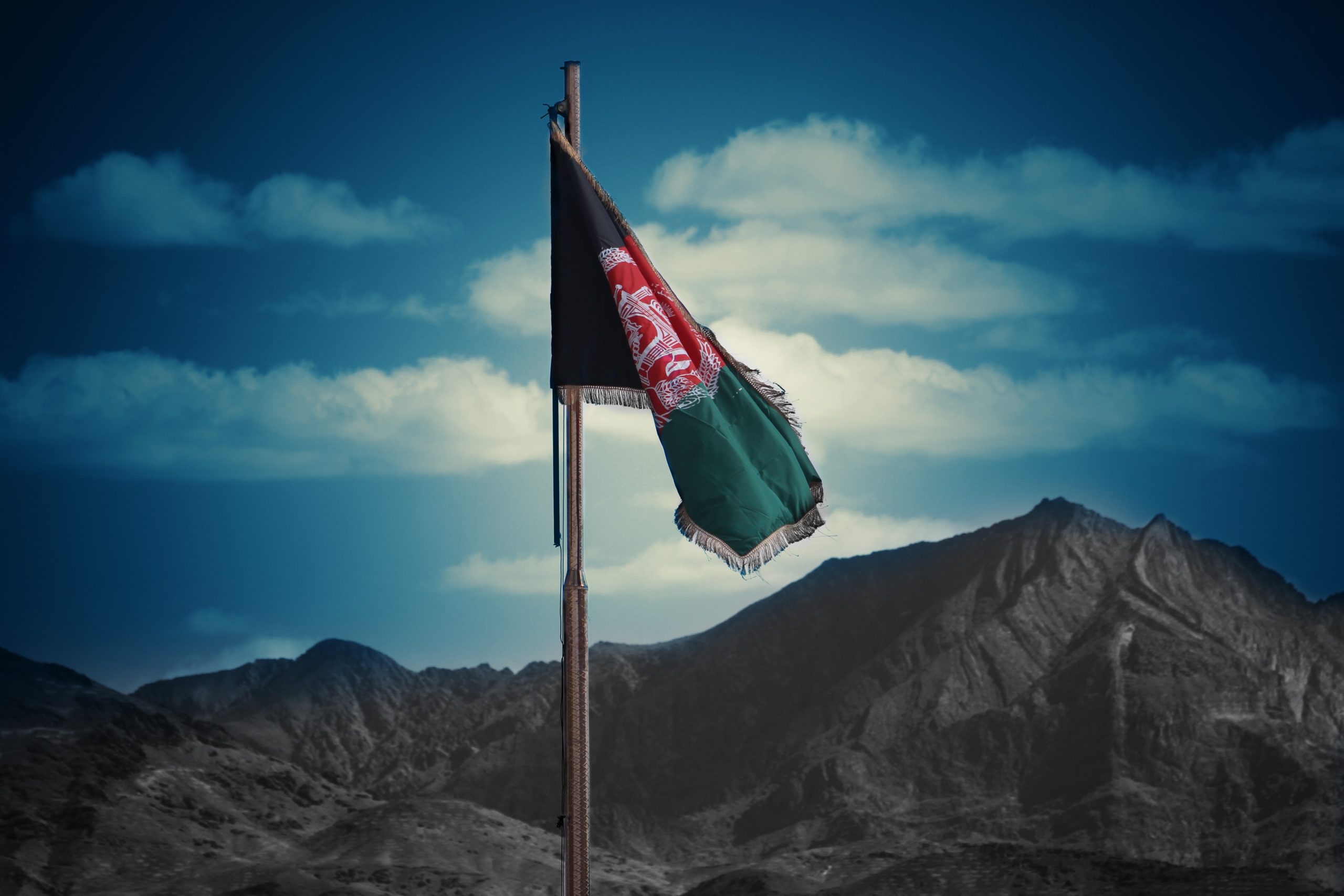Regulation of the energy industry is largely vested in the Energy Regulation Board (ERB). The ERB was created under the 1995 Energy Regulation Act. It has played an important role in giving effect to a stable and sustainable environment in which investment requirements by companies can be met alongside consumer demands. The country’s future development in the economic and social spheres will depend on such initiatives as energy is the cornerstone for all the greatest enterprises.

Mandates and responsibilities
Protecting the interests of investors and consumers while enforcing adherence to laws, norms, and regulations is the ERB’s main responsibility. Among its primary responsibilities are:
Granting of permits
Licenses are issued by the board to energy operators in industries such renewable power, petroleum, and electricity. For businesses to operate lawfully, producers, distributors, and retailers involved in the energy value chain must get ERB licenses.
Setting tariffs
To guarantee fair pricing that accounts for production and distribution costs, the ERB creates and authorizes power tariffs. Customers are shielded against abuse, and operators are able to recoup expenses and turn a healthy profit.
Monitoring and enforcement
The board keeps an eye on whether energy laws, rules, and regulations are being followed. In order to maintain industry safety and operational effectiveness, it administers sanctions for infractions.
Dispute resolution
The ERB handles complaints and settles conflicts as a go-between for energy suppliers and customers, promoting goodwill in the industry.
Supporting sustainability
The board promotes the use of energy-efficient and renewable power technology in order to lessen Zambia’s reliance on fossil fuels and its carbon impact.
Focus on energy companies and utilities businesses
In Zambia, utilities and energy firms rely heavily on the ERB. These companies depend on the board for help and regulatory advice in a number of areas:
Licenses and authorizations
In order to lawfully operate, energy firms need to get licenses from the board. This holds true for firms that create power, distribute petroleum, and engage in renewable power.
The development of infrastructure
In order to maintain safety and environmental requirements, utilities that want to extend their electrical networks or construct new power plants must get ERB authorization.
Changes to tariffs
When operating expenses increase, utilities often ask the ERB for tariff reviews to make sure that pricing hikes are reasonable and justified.
Adherence to safety regulations
In order to avoid frequent inspections and audits, energy businesses are required to adhere to stringent operational and safety requirements established by the board.
The settlement of conflicts
The ERB mediates disputes that occur between utilities and their consumers, such as disagreements over billing or complaints about service performance.
When companies engage with the ERB
The board often interacts with power firms and utilities in a number of situations, including:
Start of operations
Upon joining the energy industry, companies are required to submit their business plans for approval by the ERB and apply for operating licenses.
License renewals
To ensure ongoing adherence to ERB requirements, businesses having current licenses are required to renew them on a regular basis.
Expanding services
ERB endorsements are necessary for firms to extend their global reach or introduce new goods, such renewable energy solutions.
Managing customer grievances
When consumers complain about things like uneven supply, excessive fees, or poor service, utilities must work with the ERB to address the concerns.
Key contributions
The Energy Regulation Board (ERB) has achieved a few achievements consistently, which have helped Zambia’s power industry. More Zambians will currently approach reliable energy services because of its support of renewable power and rural electrification initiatives. Through constant regulatory monitoring, the energy board has also stabilized the energy market, boosting investor confidence and creating an atmosphere that is favorable for expansion. Furthering sustainability and lowering reliance on conventional fossil fuels, the board has also put forward-thinking policies into place to promote the use of renewable power sources like wind and solar.
You may also find these articles helpful
Senegal Customs Administration (ADUANA)
Corporate Affairs Commission (CAC) of Sierra Leone
National Energy Regulator of South Africa (NERSA) of South Africa







